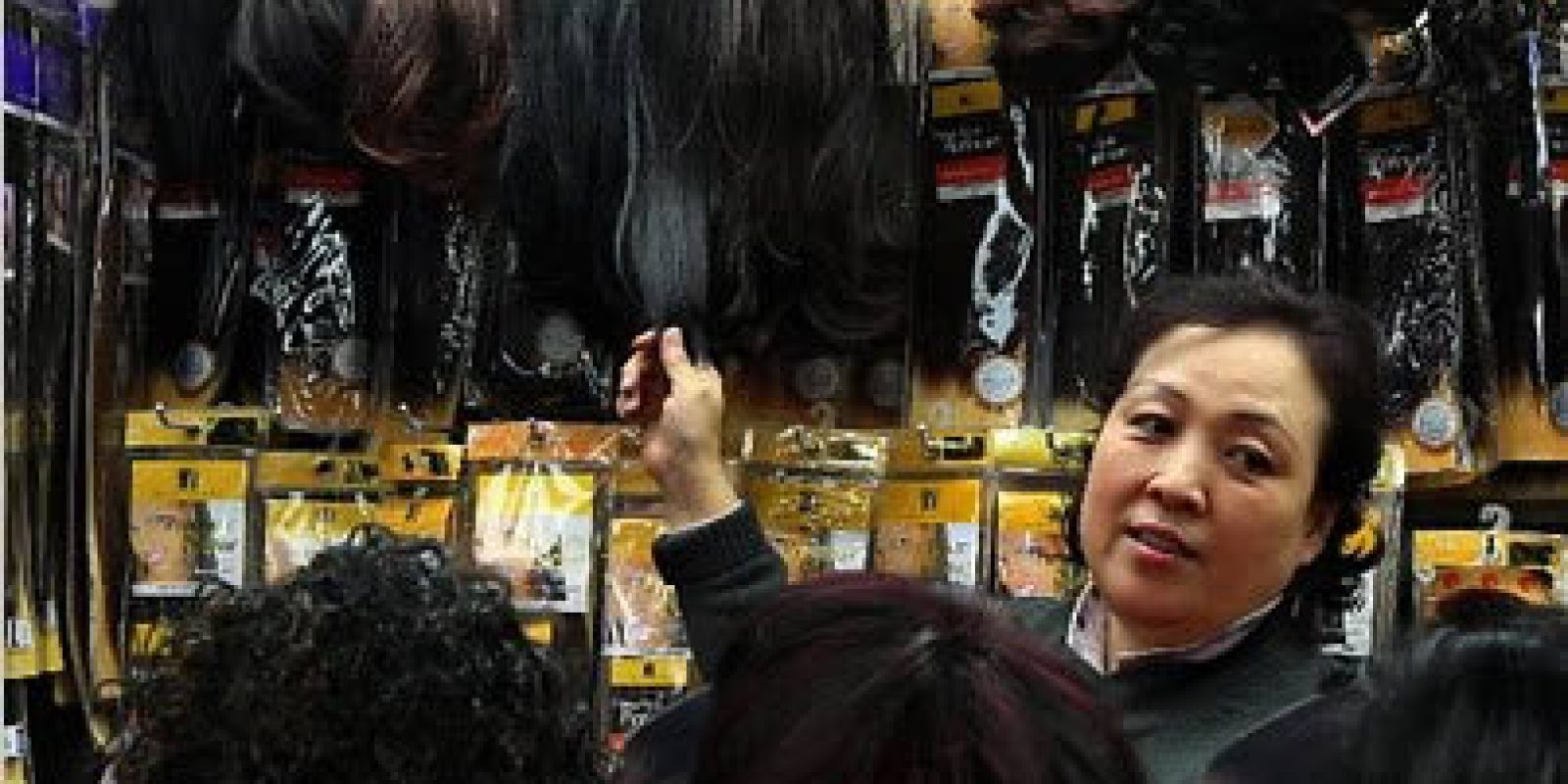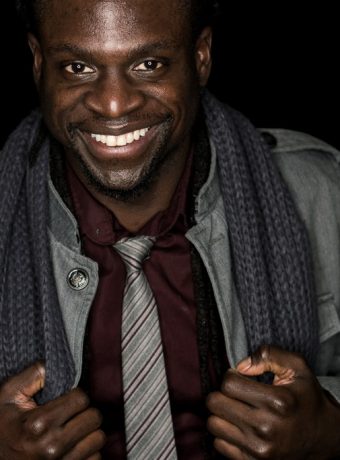Here is my disclaimer. If you allow me to talk long enough, I am probably going to say something wrong; but I really mean no harm. Today I will touch on a subject for which I have no definitive answer. Honestly, I do not like to discuss or debate a subject unless I am willing to stand firmly on one side or the other. I hate looking at life in terms of race, so this is not a race issue. However, just as Nobel Laureate, Thomas Mann believed everything is politics. Unfortunately, in America, everything is racial. The reason being is that there are so many races vying for a piece of the pie, and so many of us are not willing to share the pie.
Today’s subject is the domination of the black hair care industry by Korean storeowners. Honestly, I have no problem with the fact that the stores are owned by Korean businesspeople. Yet, the situation appears unnatural because Koreans own 90% of the black hair care stores and 80% of the hair care market is in black hair care. So, how does so rich a market, that was once predominantly owned by blacks, become predominantly owned by someone outside the community. Is the black hair care market such a bad business opportunity that 95% of black storeowners decided that they were getting out? If you can find one, go into a black owned store and see the number of items on the shelves compared to those in the Korean-owned stores. Ask the African American owner about his product pricing from the distributors who are most likely Korean.
It has been alleged that Korean businesses are engaged in unfair distributorship of black hair care products, and that is my issue. I am not against Koreans, Germans, Martians, or anyone owning a black hair care store. The issue for me, is when it there is an attempt to monopolize a market. If that is not the case, then we have no complaint because it happens every day. For years, people bought meat at the local butcher, even though he knew your children by name, and occasionally gave you an extra ¼ pound of meat, or hotdogs for the kiddies. When Wal-Mart came to town, the butcher went out of business.
On the other hand, perhaps I over romanticize the days of predominantly black storeowners. What if their treatment of the community, did not merit customer loyalty? What if the Koreans saw a potential in the business, took advantage of it, and now we see its value and want it back. How many black storeowners willingly sold their business to Korean storeowners in the first place?
This is why I have no definitive answer, because if one approaches the subject objectively, on one hand it could be simply economics, and economics is cold and unfeeling. On the other hand, it could be a sinister plot. So I have my suspicions, but I will treat each business on a case by case basis. To be honest, black hair care storeowners should not have let themselves get into this position. I really will not hear the argument that Koreans came into the community with all this money and it was easy for them. Madam C.J. Walker started out washing clothes for $1.50 a day. She was the Oprah Winfrey of her day… or I should say the Oprah is the Madam Walker of our day, so there is no excuse if we really want it back. Entrepreneurs are going to have to do like any other business, and find a way to develop customer loyalty. Anyone interested in becoming a storeowner should consider contacting BOBSA (Black Owned Beauty Supply Association).
So, I am trying to be open-minded about this issue. However, personally, I do not patronize Korean-owned black hair care stores. I have lived is some of the most heavily African-American populated cities, such as Oakland, Houston, Charlotte, and Richmond. I have never seen an African American working in a Korean-owned store, and that just seems unnatural.




